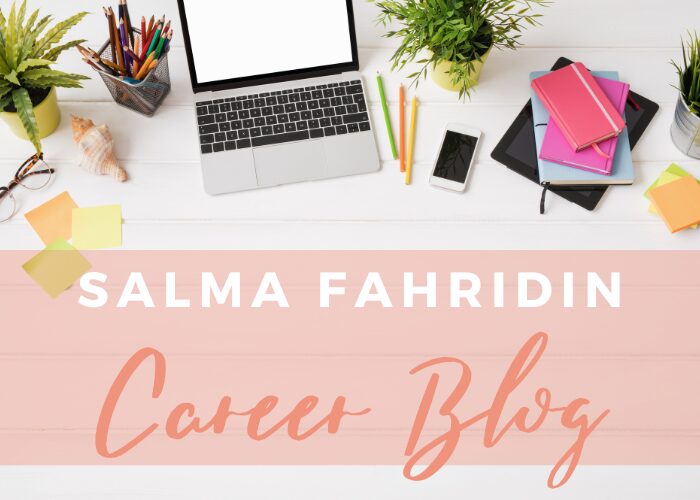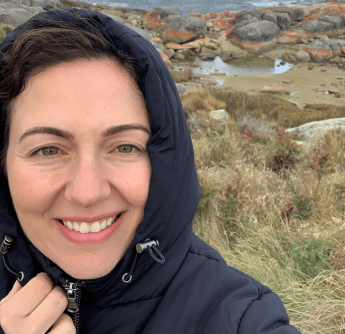
Meet Salma Fahridin, Head of Clinical Data Management at the Clinical Trials Centre, University of Sydney and a part-time PhD student. Here she talks about methodological research, constantly gaining new knowledge and finding her people through Franklin Women’s Members Connect.

What is your current role and how did you get to be there?
I completed a degree in Health Information Management in 2005, and when I started the degree I wasn’t really sure what it was about, but I knew I wanted to work in health in some way, and it sounded promising. While I was a student I worked at a University of Sydney research centre, doing data entry 2 days a week. This was my first exposure to research and I knew it was what I wanted to do.
How does your work contribute to the field and/or overall health and wellbeing of the community?
The CTC is a large clinical trial coordinating centre, conducting trials in many disease areas. There is so much work that happens behind the scenes to ensure clinical trials run smoothly, that it can sometimes feel like I am just a cog in a wheel. It’s easy to forget the big picture – that we are contributing to improving the quality of life and survival of sick people.
Being an academic centre, there is also a strong focus on methodological research, and my PhD is one of those pieces of work. I am researching how we can best make use of government collected administrative data in clinical trials. I published my first paper from my PhD in January this year and am currently working on my second. I will be sharing these results at the International Clinical Trials Methodology Conference in Edinburgh in October, which I’m really excited to attend as there will be so many like-minded people.
You attended our first virtual member connect event earlier this month, why did the concepts of strengthening your professional network and finding your people resonate with you?
I love that Franklin Women is all about boosting and supporting women, as we are stronger together. I sometimes struggle to attend the in-person events due to family commitments, but this event was easy to attend as it was virtual. Hearing what everyone does is inspiring, and it feels like we are all alike, regardless of how long we have been in the industry for. You never know who you are going to meet.
What is a project you would love to get off the ground or a skill you would like to develop, if you had the opportunity?
I wish I knew how to do traditional embroidery from my family’s home country. It is something that needs time and practice, but it is so beautiful and embedded in our culture and life. Perhaps I can learn when I finish my PhD.
What are your loves outside of work?
I enjoy walking in my local park along the Cooks River while listening to an audiobook. It’s so peaceful, particularly in the afternoon after I have logged off for the day. I also often meet friends for walks as it’s a great way to catch up. I have been travelling more in my 30s than I did in my 20s, so planning holidays is also something I really enjoy.
What is one piece of advice you could pass onto others following their own career in health and medical research sector?
It isn’t for everyone, but I personally like to really immerse myself in a role and stay there for a while as I learn new skills, and then move on when I feel I have taken everything I can from it. It’s always helpful to plan what your next steps will be and work towards them, and tell your manager as they might throw some opportunities in your direction. If you don’t ask for it, you won’t get the chance. That was how I started my PhD which is taking me in a new and exciting direction, and gaining new knowledge at the very least. I also think we can’t underestimate the value of creating meaningful work relationships, as you can rarely get where you want to be without the support of your colleagues.
